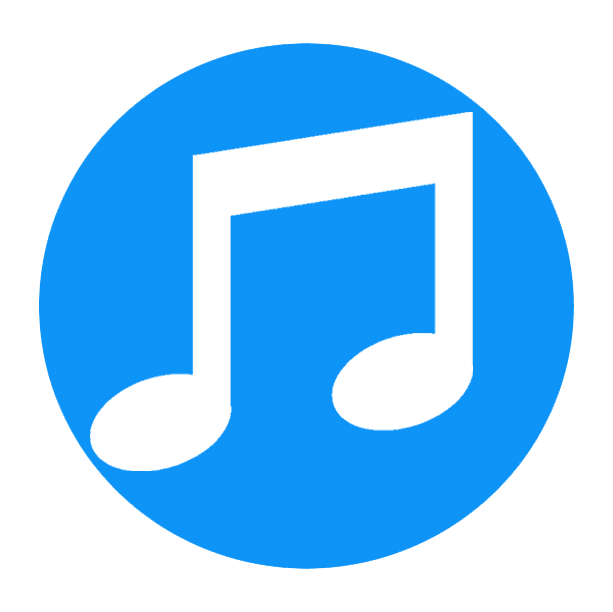Smarter Music Marketing Tips for Independent Musicians
In today's competitive music industry, independent musicians face challenges when it comes to getting their music heard. With thousands of tracks being uploaded daily across major streaming platforms, standing out requires more than just creating great music. Musicians need a solid approach to music marketing — one that’s not only strategic but also effective and sustainable.
In this guide, we’ll walk through key tips for independent musicians to take control of their music marketing, connect with their audience, and organize their distribution efforts using digital tools. Whether you’re just starting out or looking to enhance your existing strategies, these insights will help you move forward confidently.
1. Build a Solid Foundation for Your Music Career
Before diving into music marketing, ensure that your music career has a strong foundation. These essential steps will help you present yourself professionally to your audience:
Create a Professional Brand: Your name, logo, and visuals should represent your style and resonate with your target audience. Consistency across all platforms (streaming services, social media, etc.) is crucial.
Complete Your Artist Profiles: Ensure your profiles on platforms like Spotify, Apple Music, and Deezer are fully optimized. This includes a well-crafted bio, high-quality images, and linking your social media channels.
Organize Your Catalog: Keep track of your releases, making sure all metadata is correct, your cover art is high quality, and your track details are up-to-date. A clean, organized catalog will make it easier to manage your music and build credibility.
These foundational steps are critical to establishing trust with listeners and industry professionals alike.
2. Share Your Music Across Multiple Platforms
Don’t put all your eggs in one basket. While streaming platforms like Spotify are great, relying solely on one can limit your potential reach. Here are ways to ensure your music is accessible to a broader audience:
Distribute Across Multiple Platforms: Use digital music distribution services to get your music on a wide range of platforms. Consider including niche services that target specific genres or regions.
Leverage Social Media for Music Sharing: Share your tracks through short videos, behind-the-scenes clips, or live sessions on platforms like Instagram, TikTok, and YouTube. This will help you connect with different audiences in various ways.
Start a Mailing List: Having direct access to your fans through email can give you more control over your music releases and promotional efforts.
By diversifying where you share your music, you increase your chances of reaching new listeners and growing your fanbase.
3. Understand Audience Insights and Analytics
One of the biggest advantages of digital platforms is the wealth of data they provide. Independent musicians should use this information to make more informed decisions about their music and marketing strategy:
Track Geographic Data: See where your music is getting the most attention. This can help you plan tour dates or local performances.
Analyze Listening Patterns: Discover which songs or albums resonate most with your audience. Use these insights to guide future releases and refine your music style.
Focus on Engagement: The amount of time listeners spend on your tracks can give you an indication of your music’s appeal. Track which content is getting the most interaction and try to replicate those efforts.
Understanding your audience helps you create a more personalized experience for them and allows you to focus your efforts where they’ll have the greatest impact.
4. Build Genuine Connections with Your Audience
Authentic relationships with your listeners are more valuable than just numbers. Here are ways to engage with your audience in a meaningful way:
Respond to Fans: Take the time to reply to comments and messages. This shows your listeners that you care about their support and builds stronger connections.
Share Personal Insights: Let your audience into your world. Share behind-the-scenes moments, creative processes, or stories about the inspiration behind your music.
Collaborate with Other Artists: Working with fellow musicians can help you reach new audiences. Plus, collaborations can bring fresh creative energy to your work.
Host Live Events and Q&A: Engaging with your audience in real-time through live chats or virtual events can create a stronger connection. Ask for feedback, offer exclusive content, and interact with fans directly.
These steps will help turn casual listeners into loyal supporters who engage with your music long-term.
5. Use Digital Tools to Streamline Your Marketing
Managing your music, social media, and audience data can be overwhelming, but with the right tools, it’s much easier to stay organized. Tools like AIOStream can help you manage your music distribution across multiple platforms, track your performance in one central hub, and simplify the process of sharing your music without juggling different applications.
By automating certain tasks, you can free up more time for creative work and focus on what truly matters — your music.
Here’s how digital tools can help you:
Organize Your Music Distribution: Distribute your music across all your channels and manage everything in one place.
Track Your Analytics: Gain insights into how your music is performing on various platforms, including plays, audience demographics, and engagement.
Simplify Music Sharing: With the right digital tools, you can manage your social media and music sharing with ease, making sure you stay connected with your audience on a regular basis.
6. Music Marketing FAQ
Q: How do I increase my audience without violating platform rules?
A: Focus on authentic engagement and quality content. Instead of trying to "increase" plays artificially, concentrate on reaching the right audience with the right messaging. Use tools that help you stay organized, but never rely on shortcuts.
Q: Can I promote my music without spending a lot of money?
A: Absolutely! Start by using social media to share your music, engage with your followers, and join relevant communities. You can also distribute your music widely using affordable digital distribution services. The key is consistency and creativity.
Q: How can I use data to improve my music marketing strategy?
A: By analyzing audience insights and performance metrics, you can make informed decisions about where to focus your efforts. Whether it’s optimizing your social media presence or choosing the right platforms, data-driven decisions help you grow your fanbase.
Music marketing for independent musicians doesn’t have to be overwhelming. By building a strong foundation, sharing music across multiple platforms, understanding your audience, and building authentic connections, you can achieve sustainable growth and long-term success.
With the right tools, a strategic approach, and a focus on genuine engagement, you can effectively manage your music career while staying true to your artistic vision.



